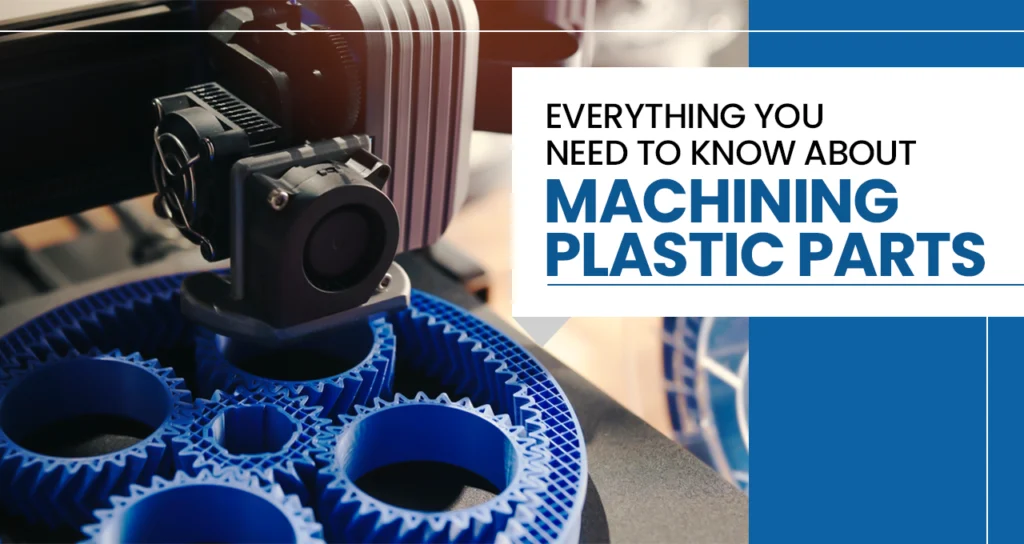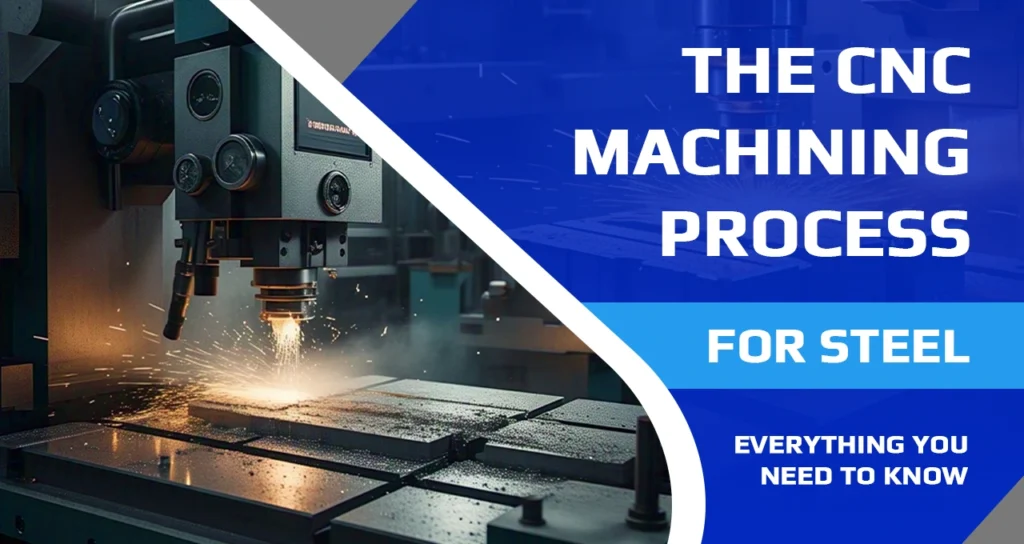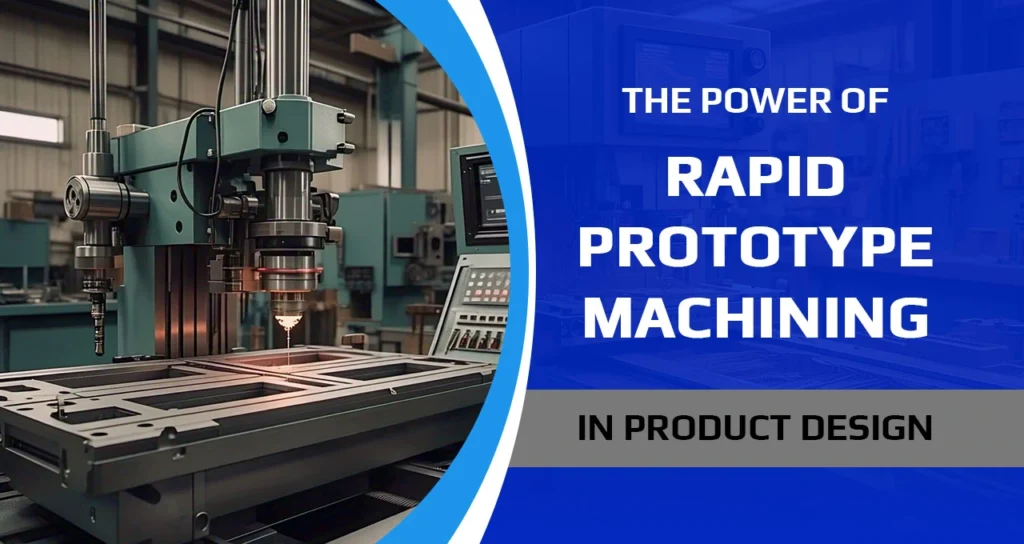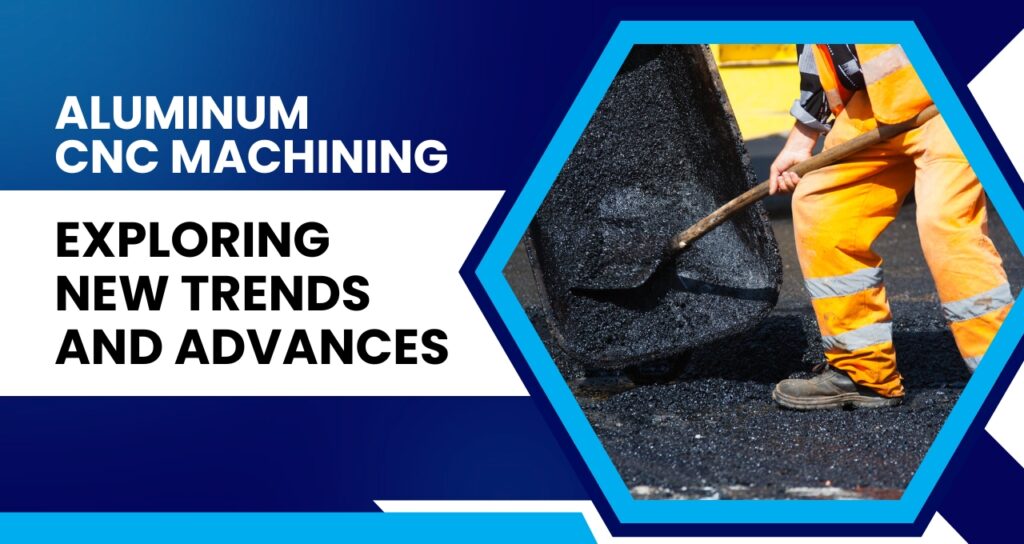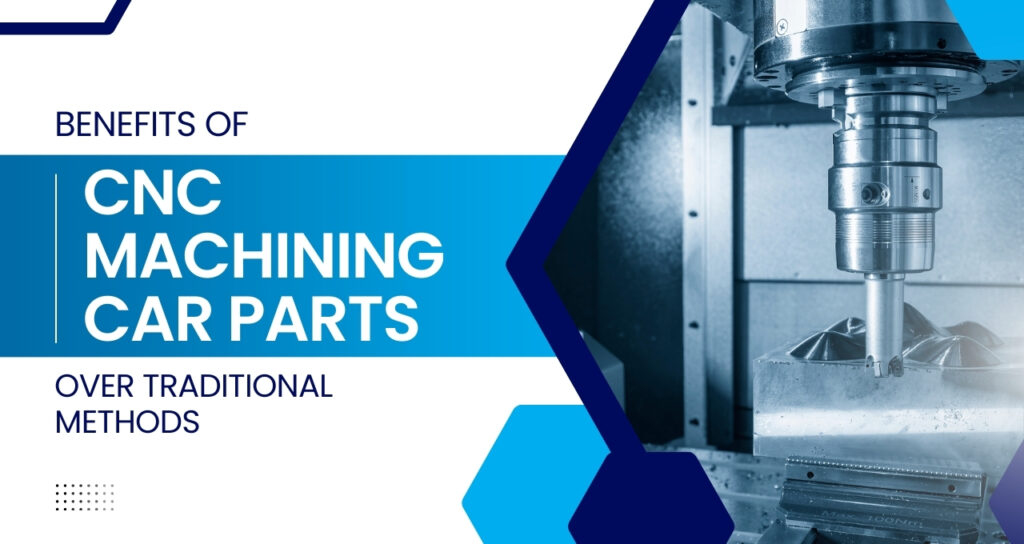Whether your company belongs to the automotive industry, medical, aerospace, or consumer electronics sectors, the importance of machining services is everywhere. But when it comes to rapid prototyping CNC machining services, there are various forms and shapes. The most common CNC technologies used in the industries mentioned previously are CNC milling and CNC turning.
Well, CNC machining, a rapid manufacturing procedure, turns digital 3D designs into metal and plastic parts and prototypes with its advanced material-cutting process for different industries. Generally, the overall technology follows a similar workflow. But the hardware used for the material cutting process can vary between machines, where the differences between CNC milling and CNC turning come in. Let’s get started.
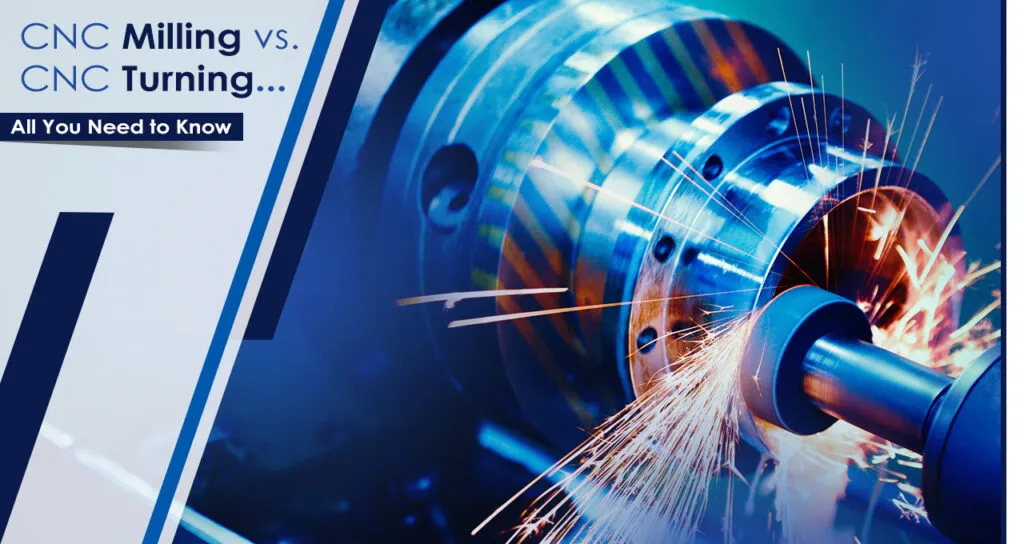
What Are The Differences Between CNC Milling And CNC Turning?
Both CNC milling and CNC turning tools play a great role in CNC machining services during the prototyping process. But their features come with different advantages in this regard. See here:
CNC Milling
The use of the CNC milling process is common to create an array of metal parts. This technology uses computer instructions while operating the spinning cutting tool for three or more axes to create CNC milling parts. CNC milling eliminates the material carefully when the rapidly rotating cutting tool comes in contact with the piece. And the cutting tool keeps passing against the workpiece surface until it gets the exact shape.
During aluminium CNC milling, the tool usually holds the workpiece down with a vice on the machine bed. But when it comes to multi-axis rapid prototyping CNC milling, it often rotates the workpiece for more cutting angles and manufactures more complicated mechanical parts.
Generally, most prototyping companies prefer using the CNC milling process for machining services to ensure end-to-end procedure with minimum lead times. Plus, it has other benefits:
- Ability to create a greater number of mechanical parts in different shapes, like automotive engine parts, medical devices, including surgical instruments and implants, mould tooling (aluminium or steel)
- Allow using various types of cutting tools for the complicated steps of operation, like end-milling and roughing
- Perfect for post-machining, like adding details to 3D printed and moulded parts.
- Inexpensive for low-volume orders partly because no need for tooling
- Fast, accurate, and repeatable
CNC Turning
CNC turning is another process of CNC machining to create conical, round, and cylindrical mechanical parts. But it comes with less versatility than CNC milling. However, for rapid prototyping services, the demand for this process is not lagging behind.
The difference from CNC milling is that the CNC turning centres rotate the workpiece rapidly in the chunk, not the cutting tool. The cutting tool used in the CNC turning process is affixed to a turret while moving to the rotating workpiece and removing the metal as per the computer instructions when required. This turret has a wide variety of cutting tools, easy to engage individually if necessary. Besides, this technology comes with more advantages:
- Ability to create perfect roundness metal parts than CNC milling
- High accuracy and precise dimensions
- The vast use of CNC turning in rollers, nuts, ball joints, bolts, firearms, nozzles and much more
Bottom Line
Both CNC milling and CNC turning come with individual advantages. However, you can combine these two to reap more benefits. However, except for the round, cylindrical and conical profiles, you can consider custom CNC milling service. And we, Createproto Rapid System Limited have a wide array of machining services, including custom CNC milling and CNC turning.
Click here to get a customised quote for CNC turning or CNC milling service online in 7 hours or less. And we guarantee to make parts within 3 to 5 days for small products and around one or two weeks for larger machined products!

